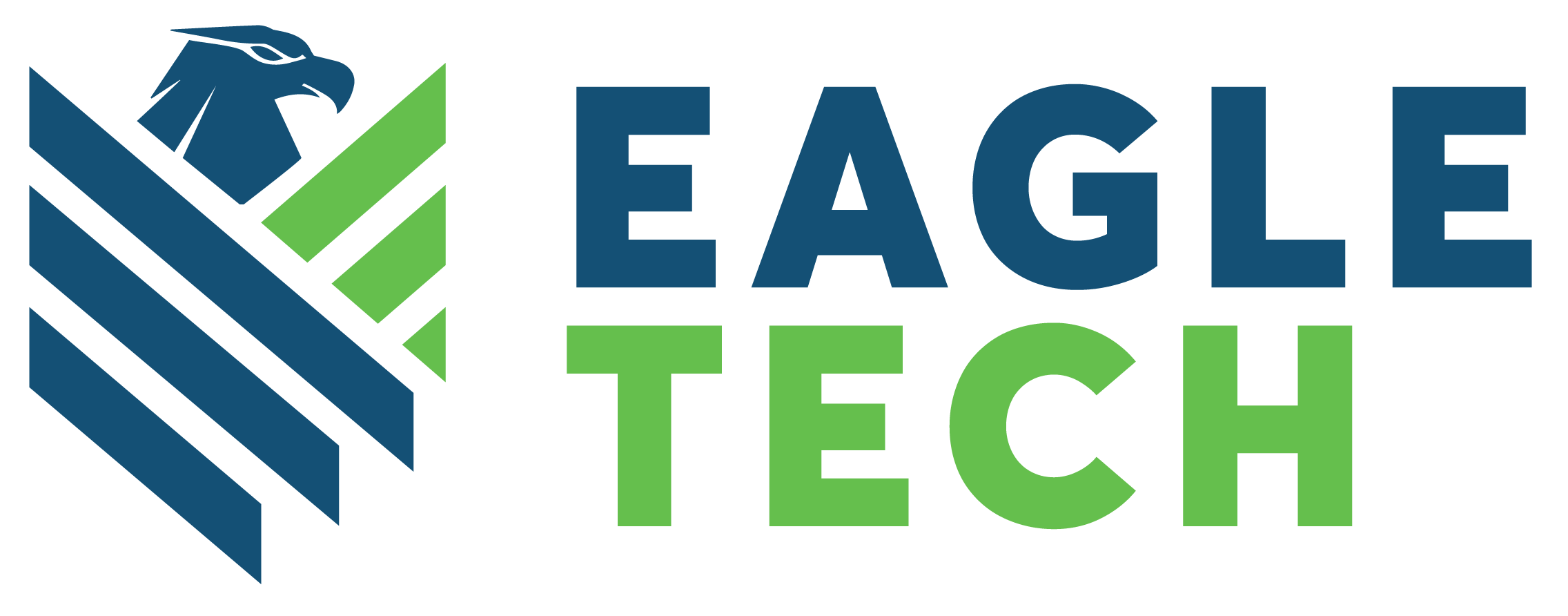Every time a user browses the internet and enters a new website, they’ll find a request to accept “cookies.” For convenience, most just pass these by and accept without knowing exactly what they are and what their function is. Today, we will talk precisely about these cookies on websites and how they can interfere with the user’s privacy. Keep reading!
Cookies and how they work on websites
Cookies are a series of data that all websites send to each device that has a browser. These files will always be stored at the request of the server of the web that is accessed, and the request is made at the time of entering. In many countries, this request is mandatory for users to find out how these files have access to their behavior patterns. Another relevant point is that the request is made regardless of the type of browser, whether it is by computer or smartphone. This also includes browsers attached to applications.
The two main functions of cookies are:
- Remember accesses: cookies help all users not to have to enter their access data on each website that requests them. This can become troublesome, especially when it is recommended not to use the same password for everything.
- Browsing habits: this is the function that gives cookies a bad reputation, because they can know the browsing habits of users, and are stored on the devices as a kind of watchdog that obtains information about the pages that each user visits and even the searches. In this way, a profile is created for each user that many advertising platforms end up obtaining when paying for them.
Types of cookies, functions, and what happens when they are deactivated
Cookies are diverse and have different purposes. Also, if they are disabled, some features may be lost. These are the most important:
Temporary and permanent: the temporary ones work only while browsing the web, since they are not saved in the browser or on the computer’s hard drive, while the permanent ones are saved in one of these locations. They are the ones that work to identify user data. Normally, these cookies cannot be deactivated, but they can be deleted at the end of the browsing session.
Own or third parties: most cookies are designed by the same team behind the website. Third-party cookies are from other companies and brands that ask websites to install them in the browser. Like the ones above, they cannot be deactivated; they can only be deleted when exiting navigation.
Technical or necessary: these are the only ones that cannot be disabled, allowing the website to function properly. They control traffic and data transmission, data security, purchasing processes, options for sharing the website or specific content.
Preferences and customization: these help store preferences and changes made by the user on any website. From the preferred language, the browser from which they connect, and even the currency used.
Performance and analysis: these study and collect all the information on what is done on each website. From knowing if a purchase process was not completed, to which are the websites that each user visits the most. This information is used to know if everything is going well or if there are errors.
Advertising and marketing: these cookies use a bit of the functionality of the above, but are more focused on ads and products. Thus, a profile is created based on your searches and browsing. This profile can be transferred or sold to advertisers so that navigation is customizable. It is not uncommon to find an ad for a product that was recently searched for.
All users must bear in mind that deactivating the largest number of cookies implies more protection of their information, but, at the same time, they offer several practical functions and, in some cases, necessary for the proper functioning of the websites, and a good experience for users. Keep in touch with our blog to read the latest news and innovations in the cybersecurity world.

Facebook: Eagle Tech Corp
Instagram: @eagletech_corp
Twitter: @eagletechcorp
LinkedIn: Eagle Tech
YouTube: Eagle Tech Corp




